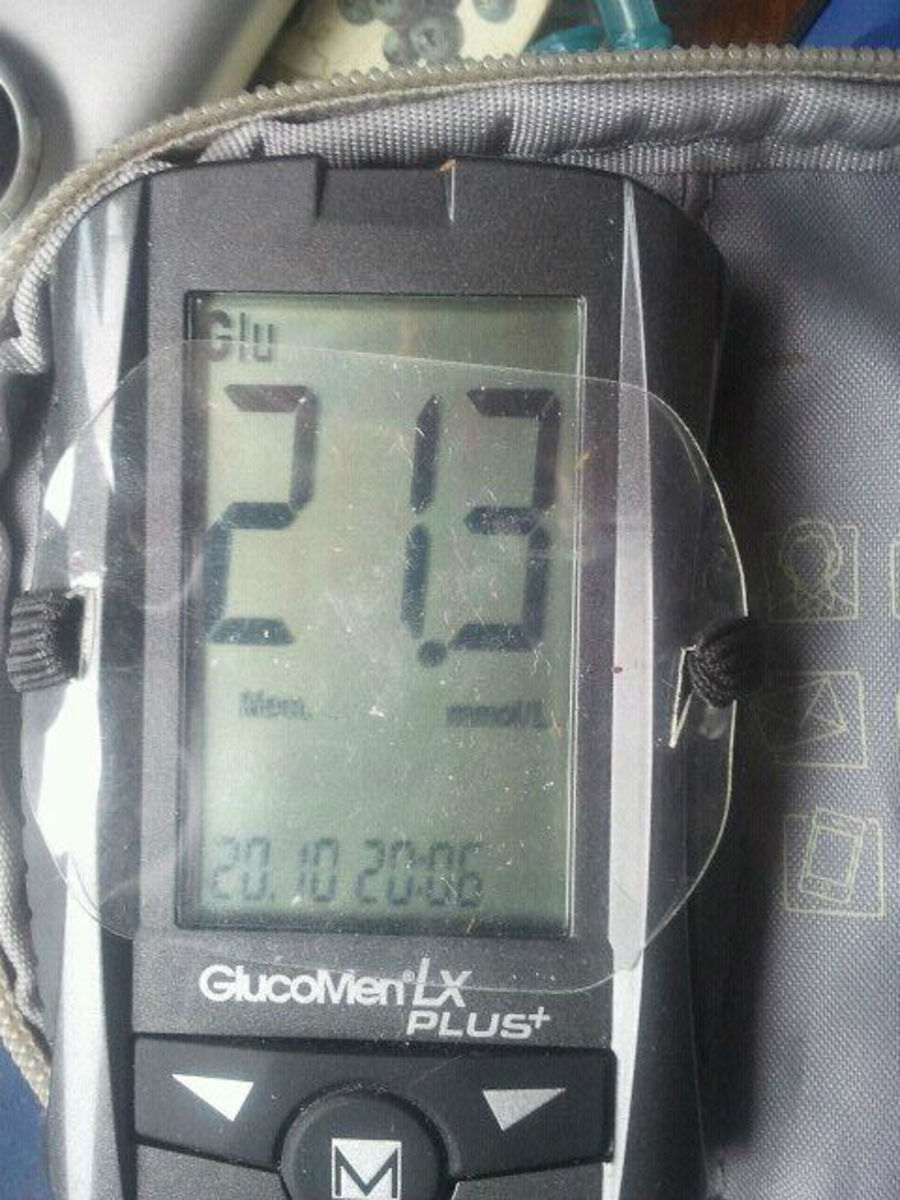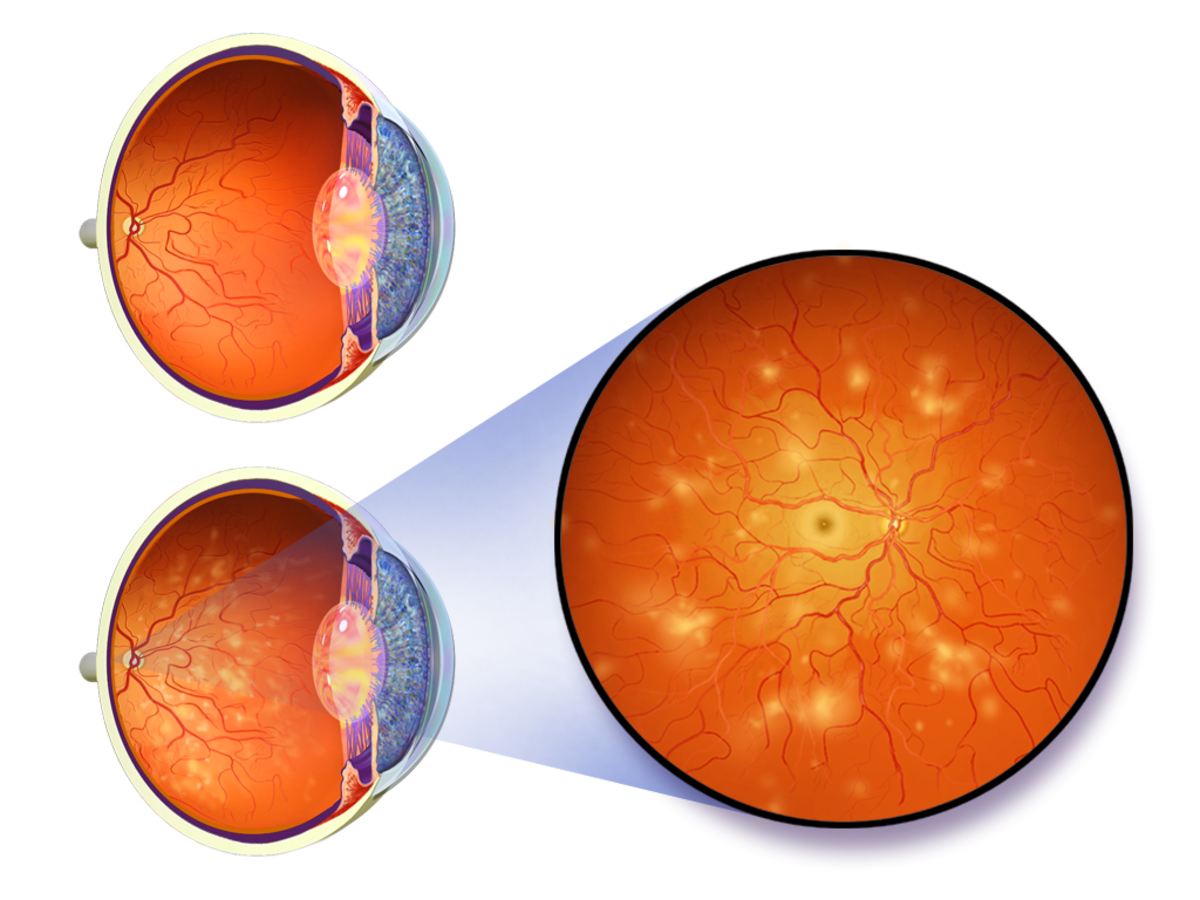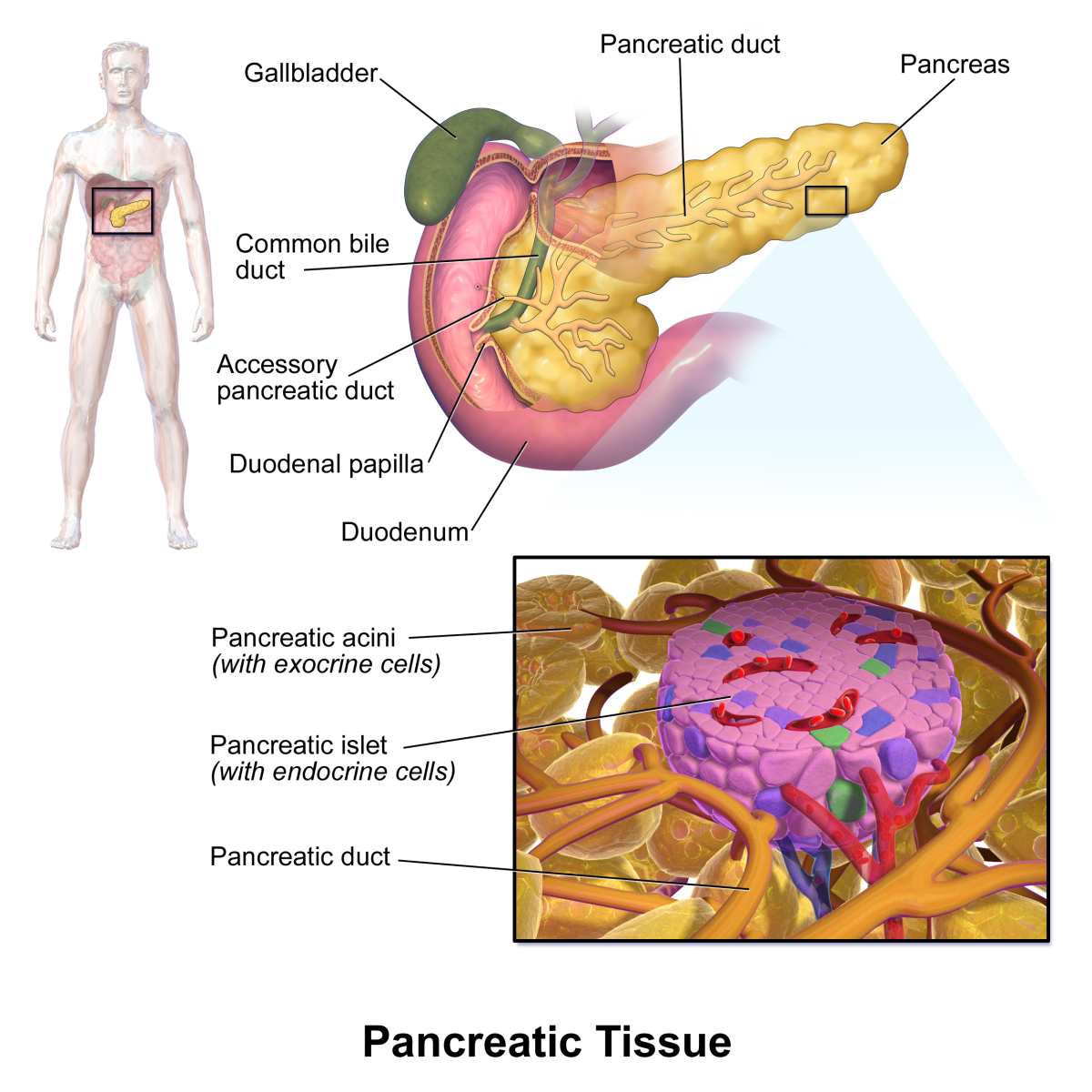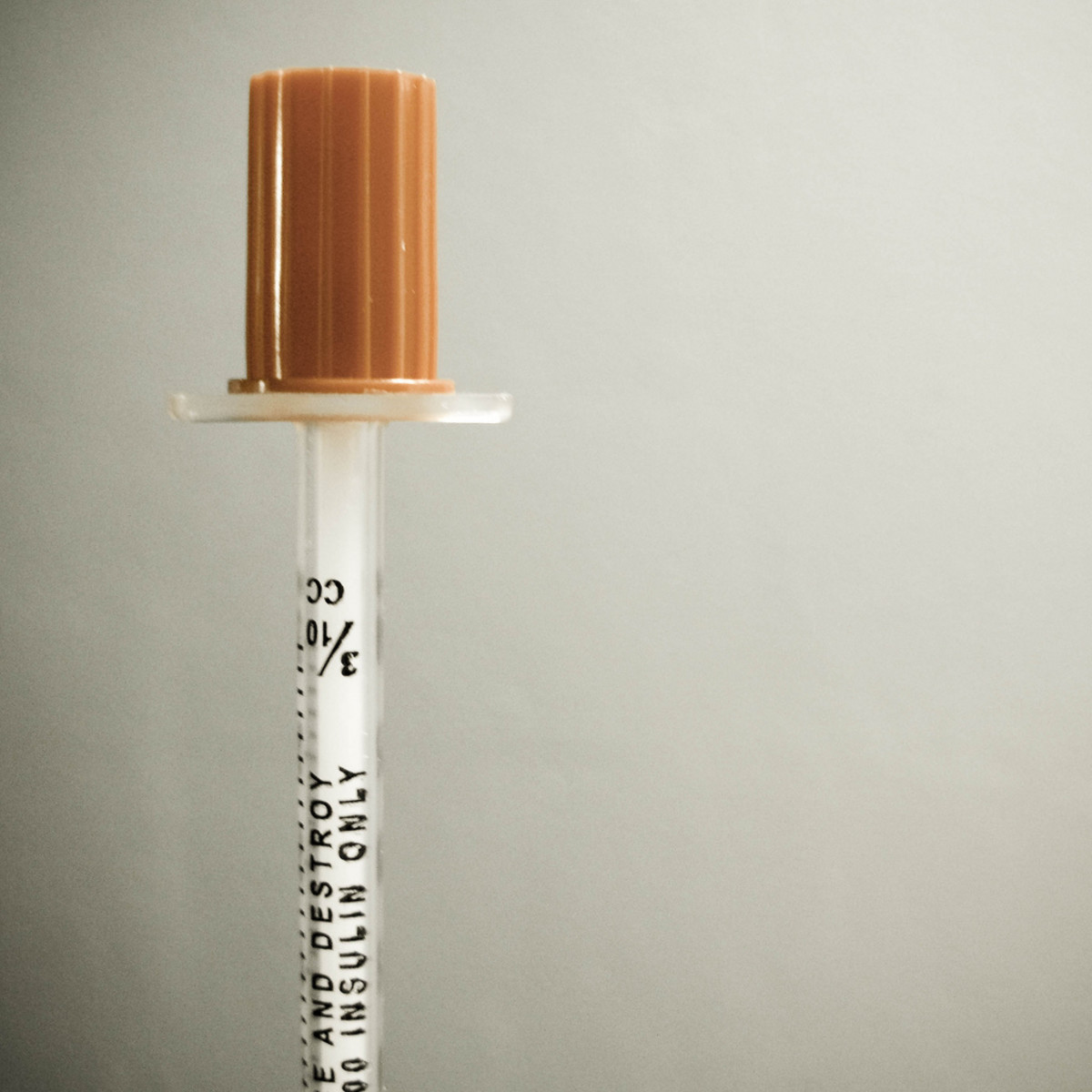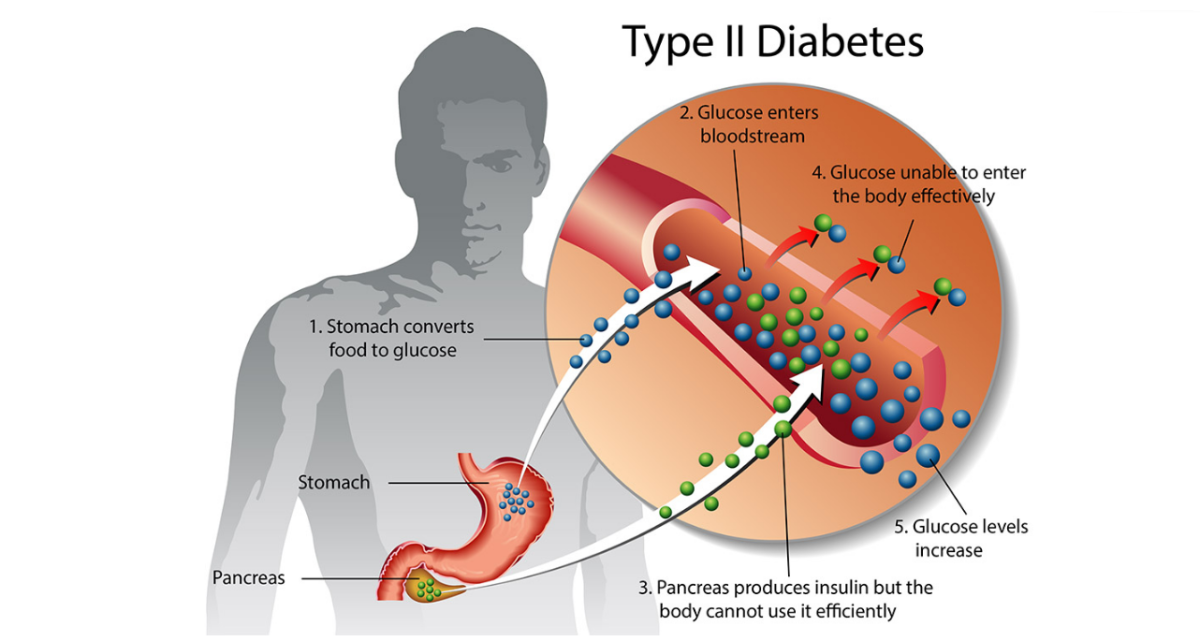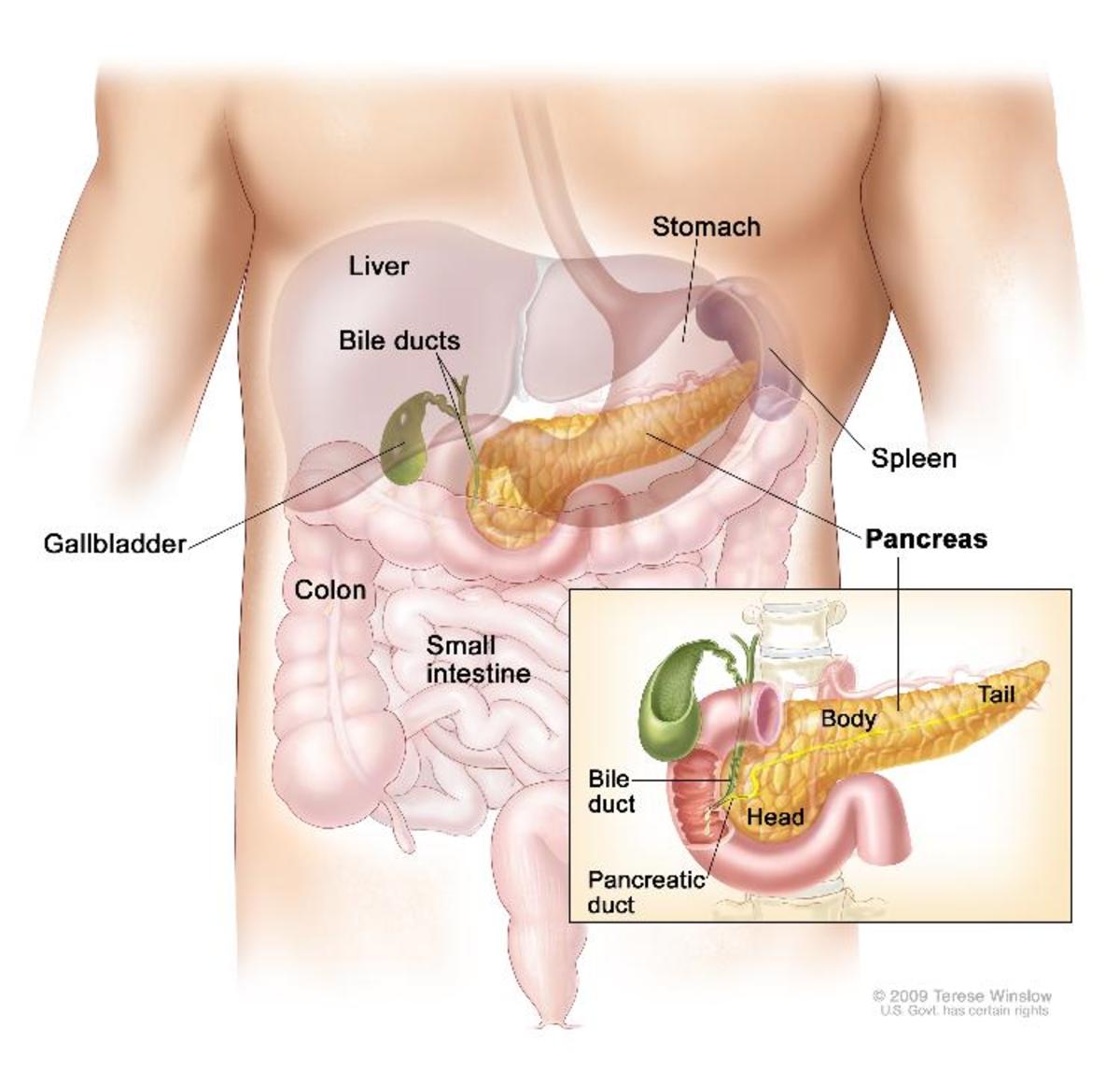The Search for a Diabetes Cure

The search for a cure for diabetes has been among the longest quests in the history of the human race. It started some 3,500 years ago, possibly a century before Moses led the Israelites out of Egypt, and to this day the cure is still on the far side.
We have made some advancement, but essentially, all that we have accomplished, and that relatively recently, is a method of treating the major symptom of diabetes—the inability to metabolize sugar.
The diabetic can't be cured of his disease as he could be cured of diphtheria, measles, pneumonia, or jaundice. But he could be treated so that the effects are brought down and the disease itself, while not erased, is kept in check.
This doesn't entail that a cure can't or won't be discovered. But the great problem facing medical researchers has been the fact that they still don't know the cause or causes of the disease. They only recognize its intermediate effect—that something fails with the insulin mechanism, thus interfering with carbohydrate metabolism.
Curing diabetes or any other disease usually involves knowing and getting rid of the cause. There are instances where cures have been stumbled upon before the cause of a disease was acknowledged. This could ensue from a happy accident or after several generations of trial and error. The English were able to cure and prevent scurvy by involving citrus fruits in the diet long before it was found out that Vitamin C existed or that scurvy was because of a deficiency of this vitamin.
Lucky events like these are uncommon and, as far as diabetes is concerned, the disease seems much too complex to be tracked down to a single cause. A lot of factors are involved—the pancreas, the liver, and the ductless glands like the adrenal, thyroid, and pituitary. But in all cases the result is about the same. Whatever the cause, insulin action is impaired and that, at the least, can be treated.
Treatments and even "cures" have virtually always existed. But none of these "cures" worked and, until lately, neither did most treatments. The Ebers Papyrus, which dates back about 1,500 B.C., is one of the oldest of all medical documents. It came into the hands of Georg Ebers in Luxor, Egypt, in 1872 and was entirely translated by 1890. From this manuscript it seems that the physicians of ancient Egypt had at least four "cures" for diabetes. How the Egyptian patients fared under these "cures isn't known. Surely they were not cured during that time.


